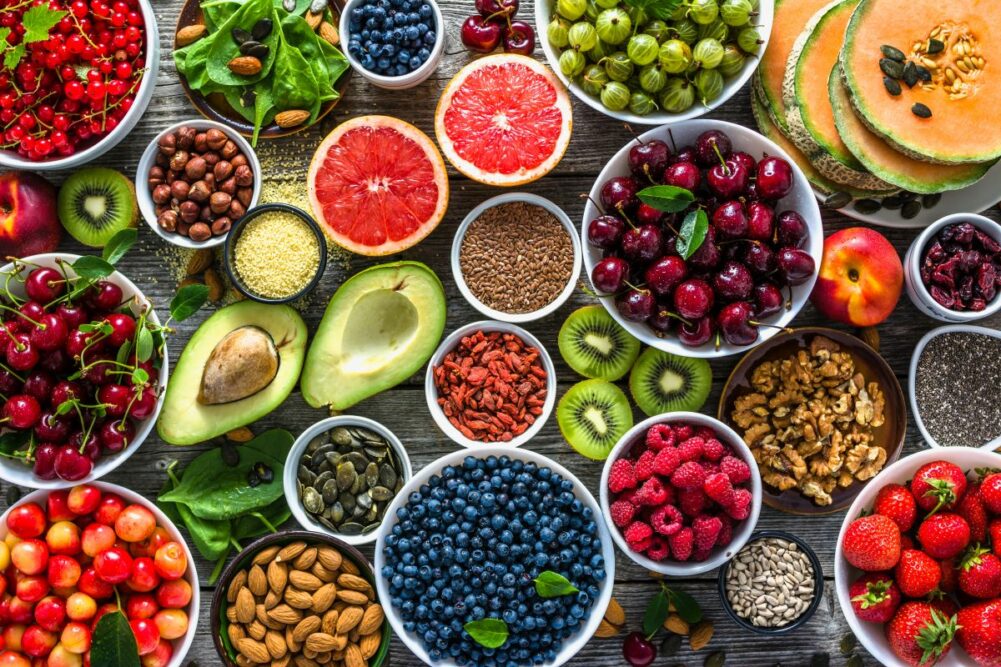NEW YORK — While consumers continue to cut costs at the grocery store amid rising prices, over half are willing to pay a premium for food that contributes to their health, according to recent data from the consultancy Deloitte.
The company’s annual report on fresh foods revealed that nearly half of consumers have grown more stressed while shopping in stores, increasing from 40% in 2021 to 48% in 2022.
The leading driver behind the elevated stress levels is price, which remains the top concern for consumers looking for fresh foods. Consumers have shifted their purchasing patterns as a result, with 38% trading down to private label products and nearly 20% giving up fresh foods for frozen or canned alternatives.
Deloitte’s data reaffirms similar research from IRI that found bargain hunting has become a favored consumer practice.
However, consumers remain interested in foods that promote health and wellness, with 84% of buyers saying it was a consideration. An additional 80% of consumers believe fresh foods are healthier than packaged and processed counterparts, and 55% said they would be willing to pay a premium for health and wellness foods.
“Despite inflation and rising food costs, consumers are willing to pay for fresh food that will positively impact their health and wellness,” said Daniel Edsall, principal at Deloitte. “Grocers who can close the information gap between fresh food and its health outcomes can be better positioned to win over consumers — and compete on aspects other than price.”
With wellness in mind, consumers are also using foods as a form of medicine. Roughly three quarters of consumers believe the right food can be “the best medicine,” offering improvements in energy, aiding in weight management, preventing diseases and even managing existing medical conditions.
Personalized nutrition also has trended upwards over the past few years, with 75% of consumers actively seeking more personalization, an increase of 13% since 2021.
“Amid increasing competition, fresh food producers and retailers have the opportunity to introduce consumers to healthy choices and use food as medicine,” Mr. Edsall said.



